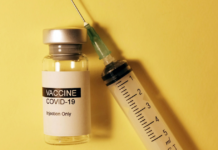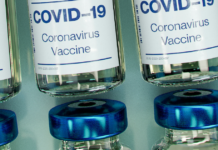Alberta has witnessed a sharp increase of over 25% in opioid poisoning deaths this year compared to the same period last year.
According to Alberta’s Substance Use Surveillance System data, Edmonton and Lethbridge are among the hardest hit, with opioid poisoning rates soaring to alarming levels.
In September alone, Edmonton reported 62 drug poisoning deaths, 60 of which involved opioids. The city’s rate of opioid poisoning deaths stands at 66.3 per 100,000 residents, a figure only surpassed by Lethbridge’s 117 fatalities per 100,000 the same month.
As of September, Edmonton has experienced an increase in opioid-related fatalities compared to the previous year, with 492 opioid poisonings reported in the first nine months, surpassing the 428 cases recorded during the same period in 2022.
Provincially, the situation is equally grim. A total of 1,411 Albertans have succumbed to opioid poisonings so far, a steep rise from 1,124 at this point last year, a nearly 26% increase.
This increase is part of a disturbing trend that saw opioid-related deaths peak at 187 in April of this year.
A spokesperson for Alberta Mental Health and Addiction Minister Dan Williams said these figures are why Alberta’s government had committed to a drug recovery agenda.
“Every life lost from the deadly disease of addiction is a tragedy, and it reinforces our focus on making recovery possible for every Albertan,” said press secretary Hunter Baril.
The statement highlighted significant strides in expanding addiction treatment services:
Baril said that the province has added more than 10,000 addiction treatment spaces since 2019, meaning 10,000 more people get access to services yearly.
“The province has removed all fees for publicly funded treatment, including the $1,240/month user fee that was in place under the NDP,” said Baril.
Additionally, Alberta has expanded the Virtual Opioid Dependency Program to ensure same-day treatment is available through lifesaving medication anywhere across the province.
Baril also noted the progress in establishing long-term treatment facilities:
“So far, we have opened two out of 11 recovery communities, and look forward to opening doors to more next year so that more people can get access to long-term treatment across the province,” he said.
Albertans suffering from opioid addiction can seek immediate help through the Virtual Opioid Dependency Program. This service offers same-day access to medication treatment at no cost, with no waitlist. For assistance, individuals can visit VODP.ca or call 1-844-383-7688.





















